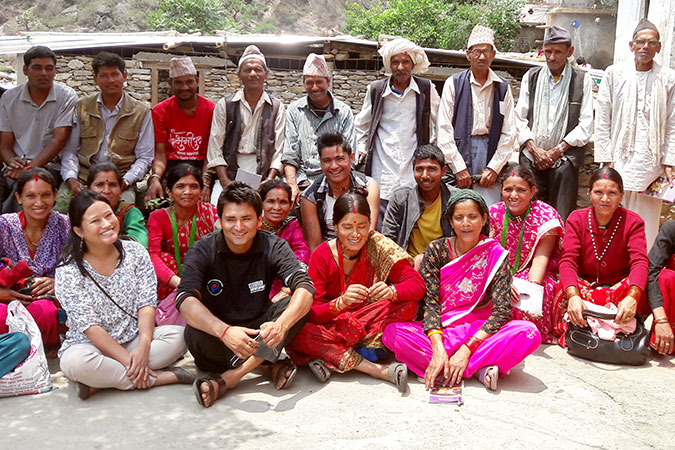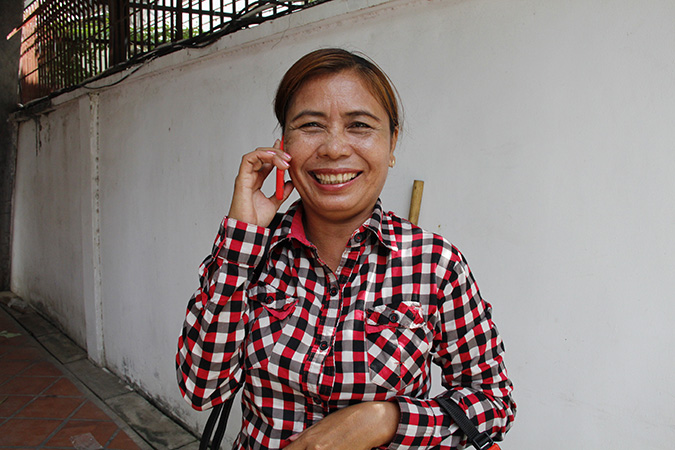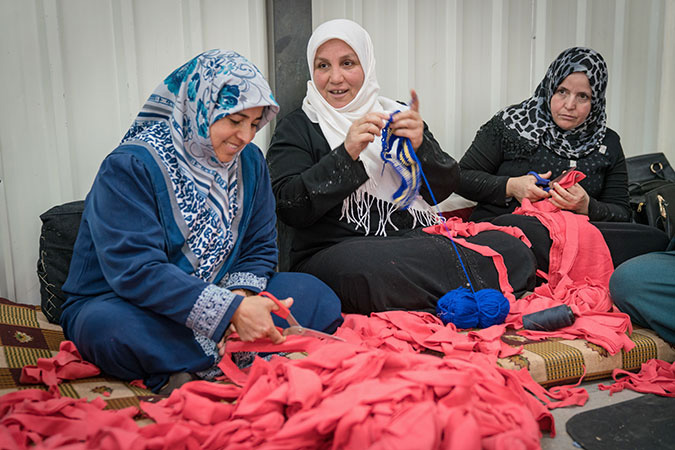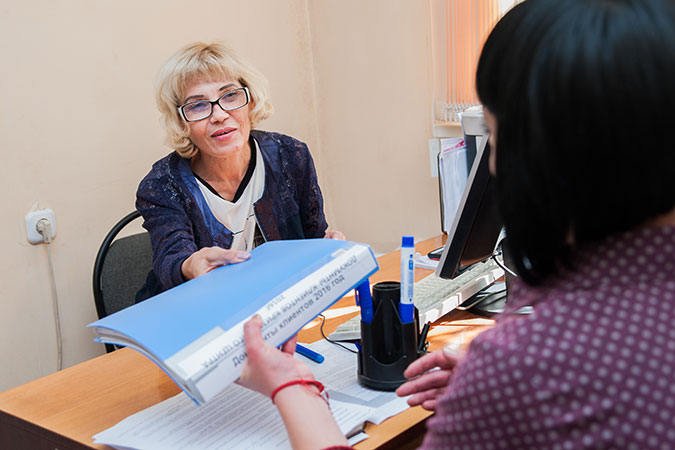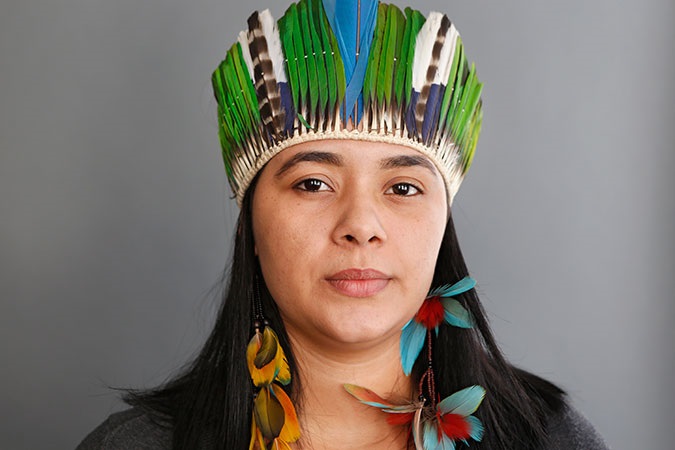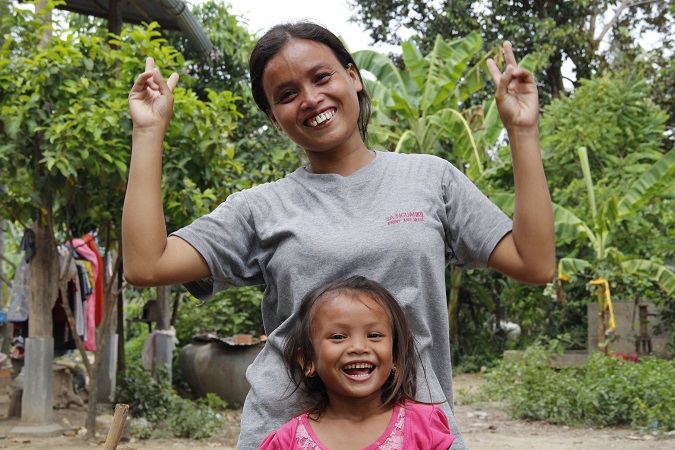World Health Day 2017
Date:
Voices from around the world
Abolishing chhaupadi, breaking the stigma of menstruation in rural Nepal
In rural Nepal, menstruating girls are banished to sheds called “chhaupadi”, where they suffer in cold and isolation, often at risk of illness and animal attacks. To stop the practice, which has been outlawed since 2005, Restless Development Nepal has partnered with the UN Trust Fund to educate young people and break the myths about menstruation in their communities. Read more»
Empowering domestic workers through information technology in Cambodia
Samen Phalla travelled to Phnom Penh as a domestic worker when she was only 16. She suffered from headaches and trouble sleeping after stressful work days and was not protected by Cambodian Labour code. Now, a new technology supported by UN Women empowers domestic workers to live healthier lives by providing access and information about mental and physical health. Read more»
From where I stand: Emm Ali
Seeing her sons being killed by ISIS made Emm Ali flee from Syria in 2013. In the Za’atari refugee camp in Jordan, she struggled with depression, trying to adjust to camp life and grieving for her sons. No one should have to deal with such pain alone, says Emm Ali. Today she counsels and supports other women in the camp. Read more»
From where I stand: Natalia Minayeva
Natalia Minayeva, from Kazakhstan, was imprisoned in the so-called “AIDS barracks” and now works to protect the rights of HIV-positive women. Read more»
From where I stand: Maria Judite da Silva Ballerio
Maria Judite da Silva is a 21-year-old indigenous women from the Guajajajara community, who is raising awareness about the Zika virus among indigenous women in the State of Maranhão, one of the hardest-hit areas of Brazil. Read more»
From where I stand: Chum Sopha
Chum Sopha, now 29, works with HIV-positive women in Roka Village in north-west Cambodia. Read more»
